 By Elena Liliosa Q Escober, ACCRA Law
By Elena Liliosa Q Escober, ACCRA Law
In 2016, Mashable approached Stephanie Sinclair to ask permission to use her “Child, Bride, Mother/Child Marriage in Guatemala” photograph, which Sinclair had earlier uploaded to her public Instagram account. In exchange for such use, Mashable offered her US$50 for the licensing rights to the photograph. Sinclair refused.
A few days later, Mashable published the article on its website — with Sinclair’s photograph. Sinclair then sued Mashable and its parent company, alleging that they infringed her copyright when they used her photograph without her consent. On April 13, 2020, the District Court of New York denied Sinclair’s infringement claim, and ruled in favour of Mashable.
The Sinclair v. Ziff Davis case was not the first copyright case that involved organisations sourcing images from individual social media accounts. In the 2014 AFP v. Morel case, photographer Daniel Morel sued Agence France Presse and Getty Images, for using and distributing his 2010 Haiti earthquake photographs without his consent and failing to properly attribute the same, despite being notified of such error in attribution. In Morel, the Court found sufficient evidence to uphold the infringement claim against AFP and Getty Images, and ruled in favour of Morel.
Where AFP and Getty Images lost, Mashable emerged triumphant against one photographer’s copyright. How then was Mashable able to legally use Sinclair’s photograph?
Under US copyright law, copyright owners may license their rights to other parties. Thus, US jurisprudence held that copyright owners who permit licensees to grant sublicences cannot claim infringement against such sublicensees if they act within the terms of the licence and sublicence.
According to the Sinclair decision, when Sinclair created an Instagram account and set the privacy settings thereof to public, she agreed to be bound by Instagram’s Terms of Use, which grant Instagram a “non-exclusive, royalty-free, transferable, sub-licensable, worldwide licence to host, use, distribute, modify, run, copy, publicly perform or display, translate, and create derivative works” over the content, consistent with the user’s privacy settings. In view of these, the Court found that when Sinclair uploaded her photograph to her public Instagram account, she agreed to allow Mashable, Instagram’s sublicensee, to use it in their website.
In Morel, AFP argued that it was licensed to use Morel’s Haiti photographs. AFP maintained that when Morel posted the photographs on Twitter, he agreed to Twitter’s Terms of Service which, in turn, provided AFP licence to use his content. The Morel decision rejected such argument, as there was nothing in Twitter’s Terms of Service, at the time, that provided AFP with such licence. Nonetheless, the Court stated that “a licence is an affirmative defence to a copyright claim. If only the scope of the licence is at issue, the copyright owner bears the burden of proving that the defendant’s copying was unauthorised.”
In Sinclair, Sinclair argued that the authorisation given to Instagram to sublicense her photograph was invalid since Instagram’s Terms of Use was comprised of a series of complex, interconnected documents. According to Sinclair, though Instagram’s Terms of Use states that Instagram may sublicense users’ content, the sublicence’s scope may be found only by reading through other Instagram policies incorporated in the Terms through mere reference. The Court, however, found differently, reasoning that prevailing laws permit the practice of construing as one Agreement documents which incorporate each other through reference, and that “while Instagram could certainly make its user agreements more concise and accessible, the law does not require it to do so”.
The Philippine Intellectual Property Code provides that literary and artistic works are protected from the moment of its creation, and that copyright over such works may be licensed through a written agreement. Had Sinclair’s case been situated in the Philippines, it may be likely that Courts would rule similarly.
The cases provide insight into the nature and enforcement of copyright. Generally, IP rights owners are expected to be on continuous look-out for infringers. However, whereas applications for registration of trademarks and patents are examined, compared and flagged for possible IP rights violations, and dedicated databases are made available to monitor possible unauthorised use, such resources are not available to copyright owners. Copyright owners have to exercise vigilance from the moment of creation, and safeguarding rights rely mainly on the rights-holder’s creativity and initiative.
However, such vigilance cannot be limited to unauthorised use. Sinclair is instructive on the consequences of haphazardly agreeing to policies and trusting third parties to always act in favour of its users’ rights. Examining policies may be dull, and mostly confusing, but it is dangerous for rights-holders to immediately agree and follow such policies on the basis of convenience. This convenience and faith in such third parties, as Sinclair shows, comes at a price of licensing others to limit the rights-holder’s rights and protection.
While rights could certainly be made easier to protect and enforce, the law does not require it be so. In a time when conditions are uncertain, and when the options available come with hidden prices, rights-holders must always be vigilant, exercise caution, and, most of all, though tedious, read and question the fine prints.
______________________________
This article, which first appeared in Business World (a newspaper of general circulation in the Philippines), is for general informational and educational purposes only and not offered as, and does not constitute, legal advice or legal opinion.
Elena Liliosa Q. Escober is an Associate of the Intellectual Property Department of the Angara Abello Concepcion Regala & Cruz Law Offices (ACCRALAW). She may be contacted through eqescober@accralaw.com or (63) 2 8830 0000.
______________________________

E: eqescober@accralaw.com
T: (63) 2 8830 8000




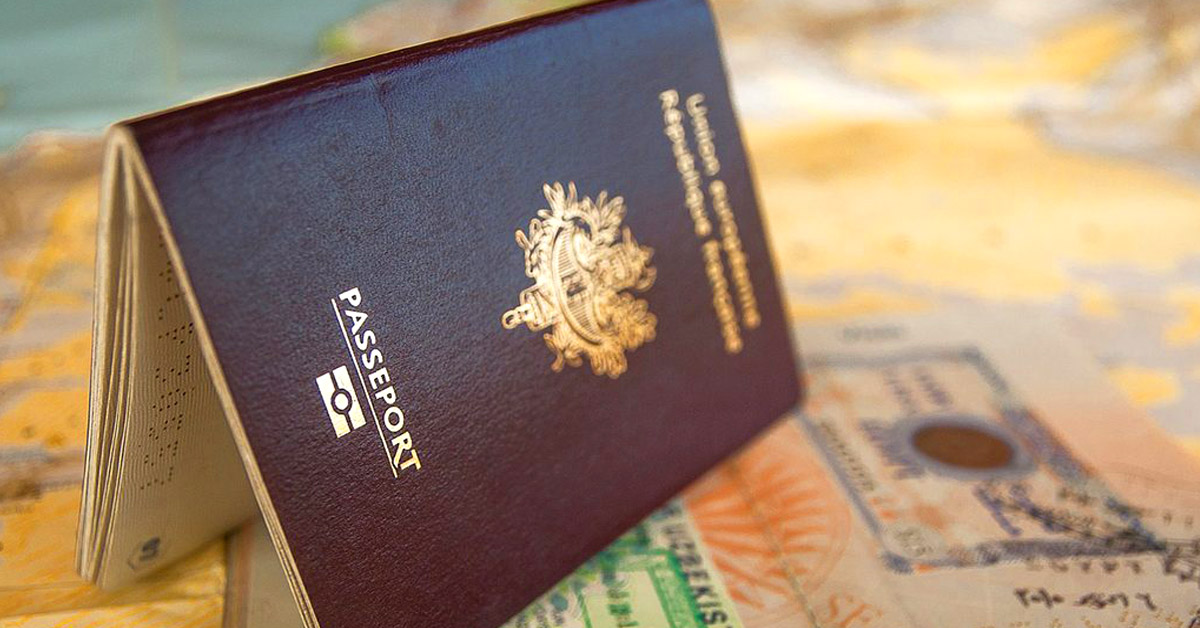
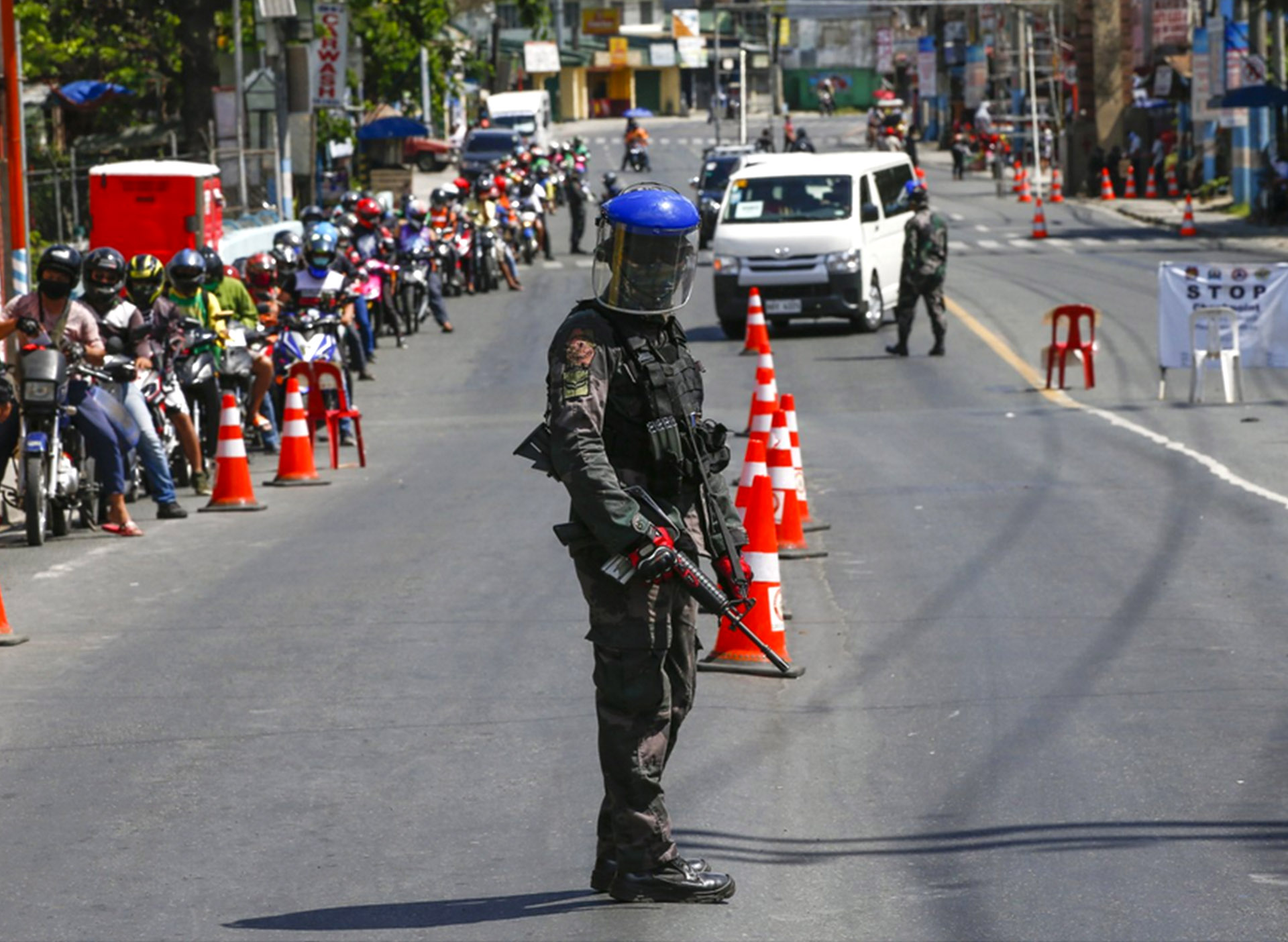








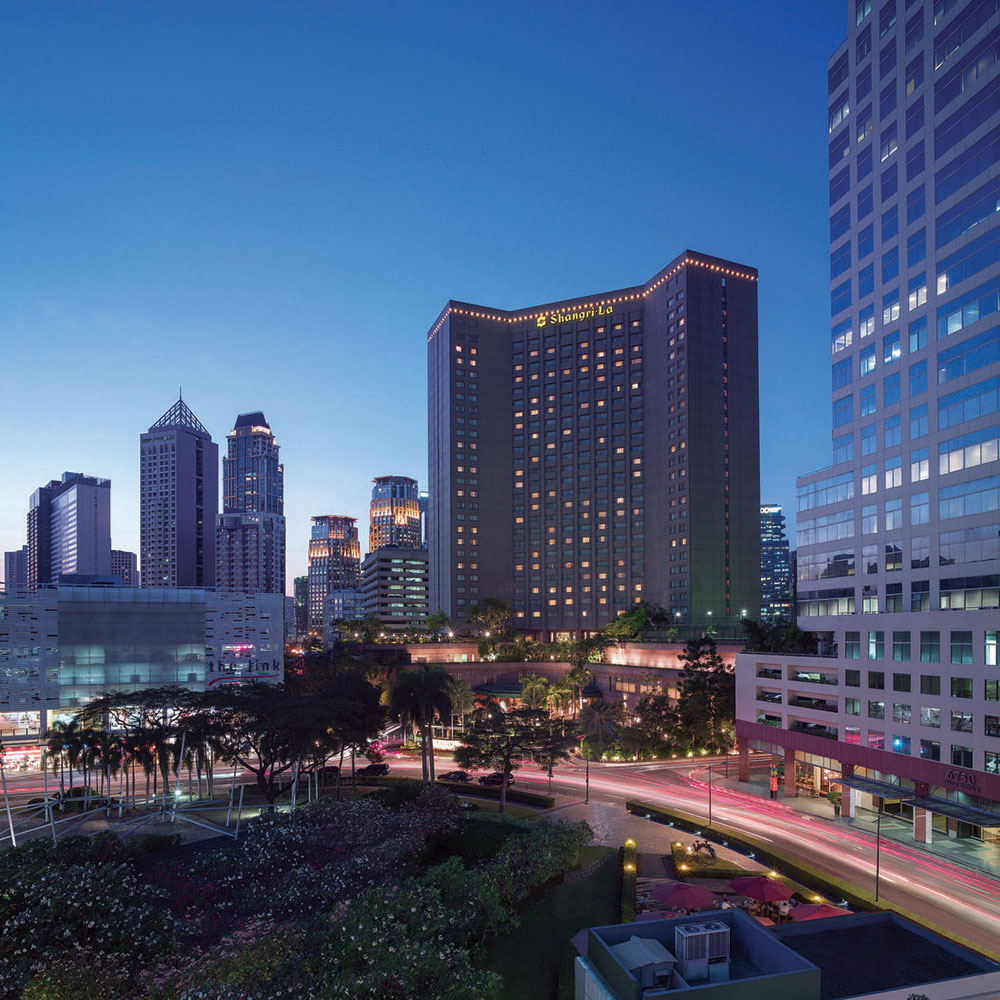



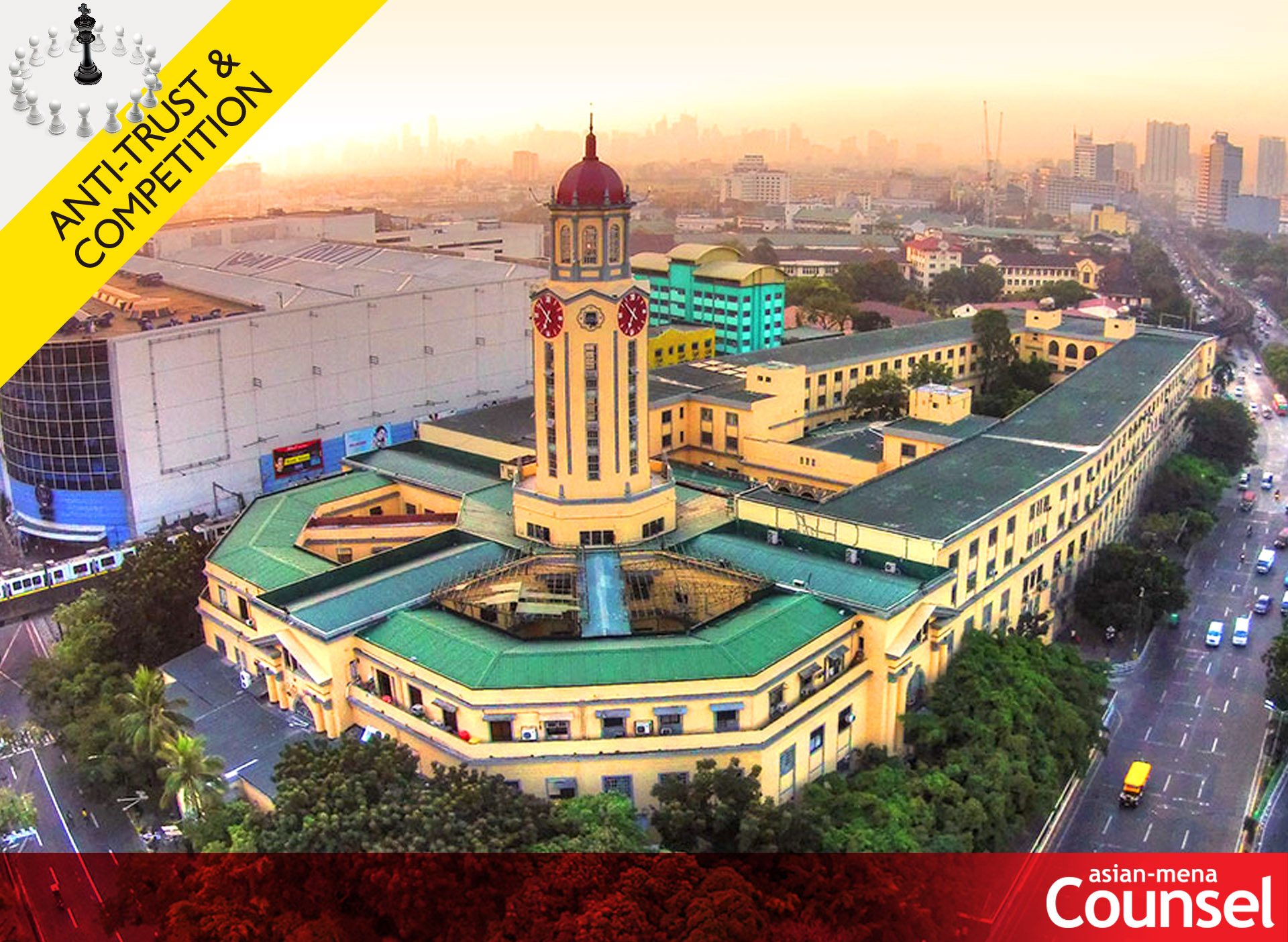











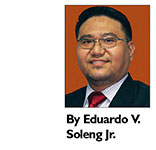
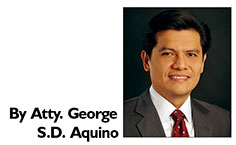






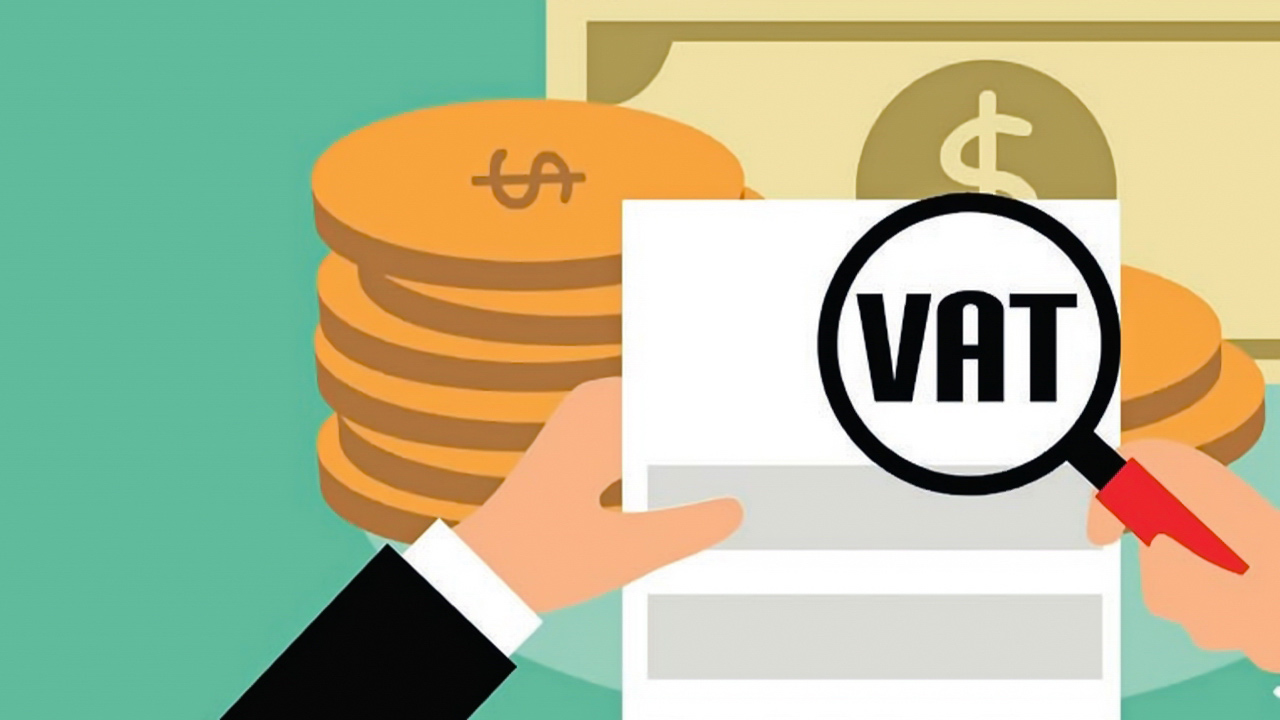




 Angara Abello Concepcion Regala & Cruz Law Offices (ACCRALAW)
Angara Abello Concepcion Regala & Cruz Law Offices (ACCRALAW)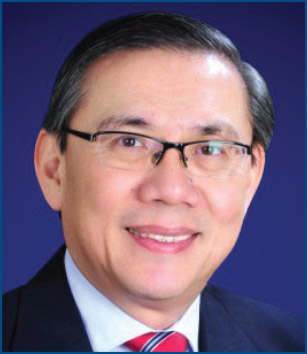 Emerico O. De Guzman
Emerico O. De Guzman






